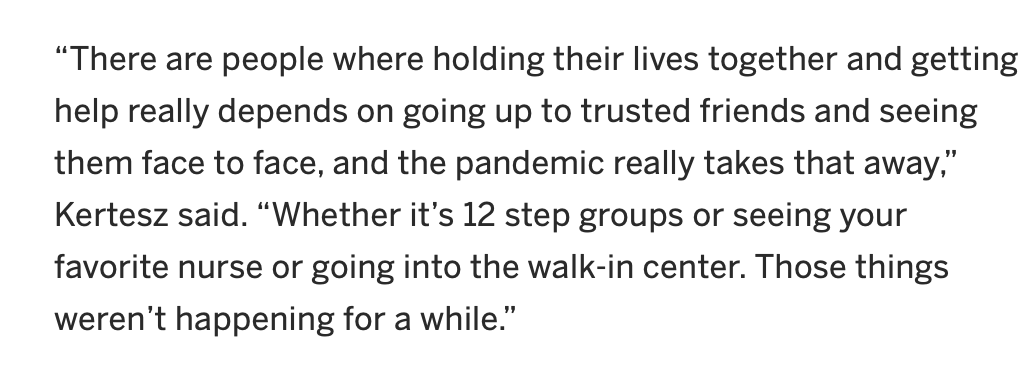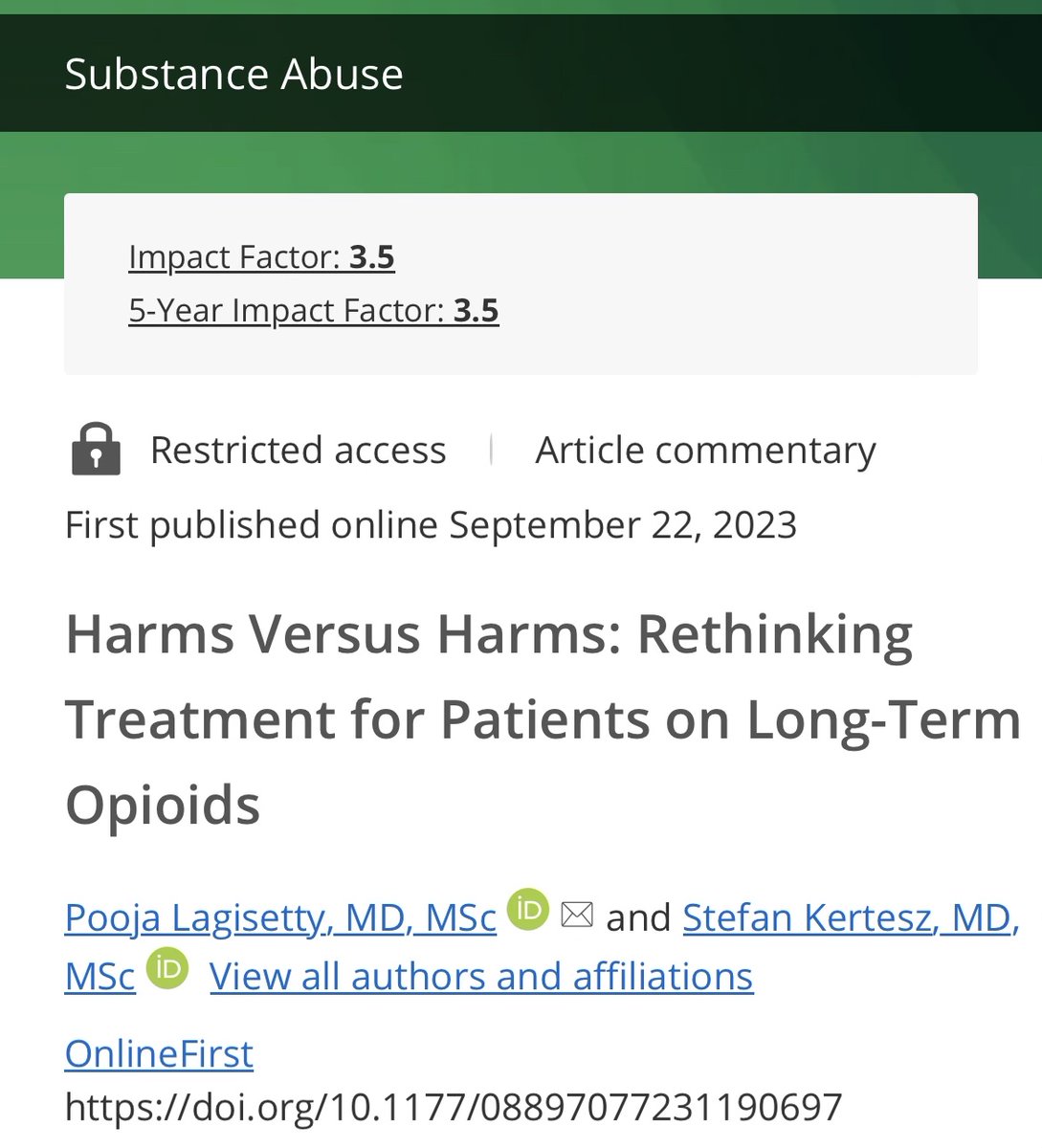1/Opioid crisis roars back in Alabama as overdoses rise during pandemic - 32% rise in Jefferson County (where Birmingham sits). Loss of human contact is part of the story told by Cassidy Cooper and me. al.com/news/2020/09/o…
2/Cassidy has lost 6 friends in the Huntsville area. He finished a rehab program in March:"Restrictions enacted to prevent the spread of coronavirus quickly dismantled the scaffold he built around his recovery. The gym he visited daily closed and support groups moved online."
3/ I say:
"There are people where holding their lives together and getting help really depends on going up to trusted friends and seeing them face to face, and the pandemic really takes that away,”
"There are people where holding their lives together and getting help really depends on going up to trusted friends and seeing them face to face, and the pandemic really takes that away,”

4/Pandemic conditions also affect naloxone distribution and drug distribution networks. The question is what can we do? The aggressive use of masks should allow us to ramp up naloxone distribution & tele-treatment. But social networks are not just made of state & county programs.
5/To the extent that we all do our utmost to prevent further viral spread, we actually can help to bring about conditions where reduced community spread allows social groups to reconnect. In the meantime I keep wondering about free phones, "call a friend", and drug testing.
6/I'm a proud member of @cappi_uab and @UABNews
• • •
Missing some Tweet in this thread? You can try to
force a refresh

















